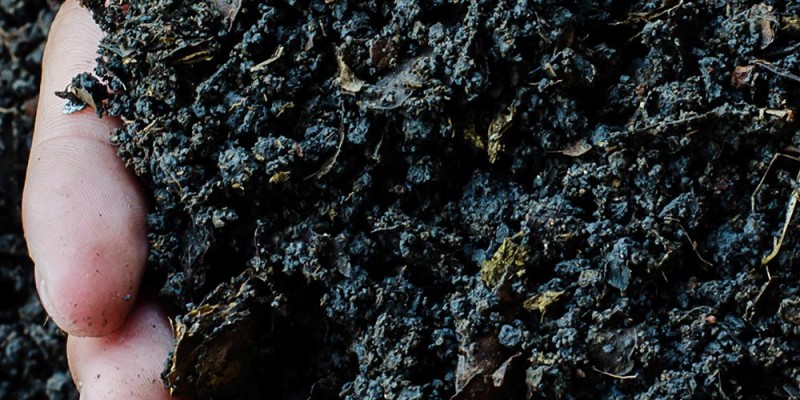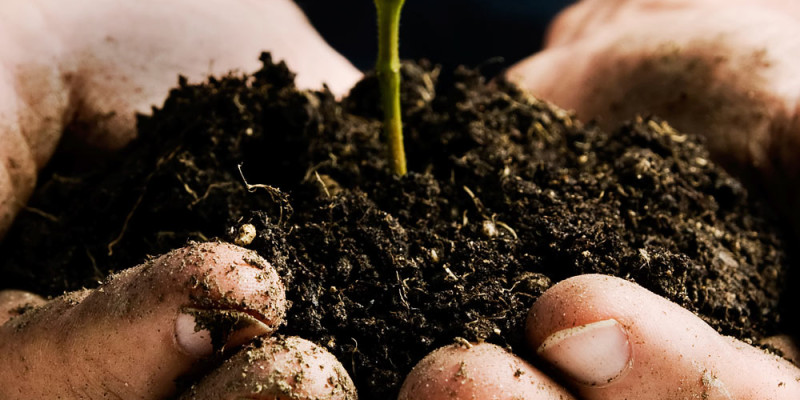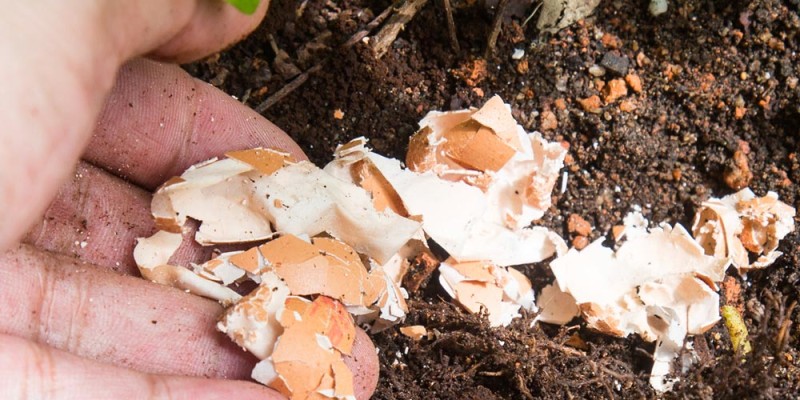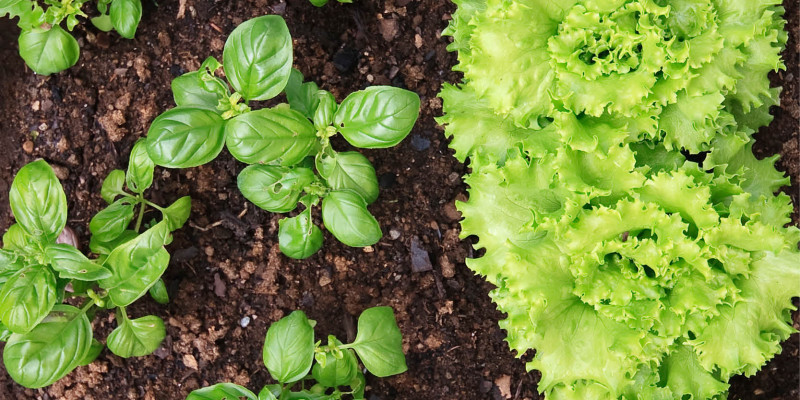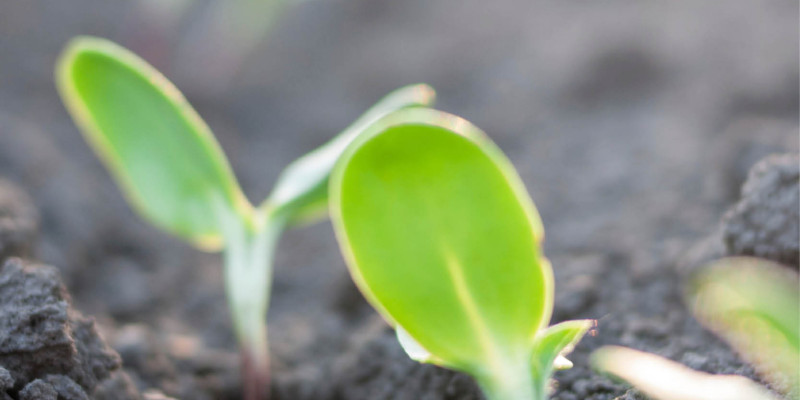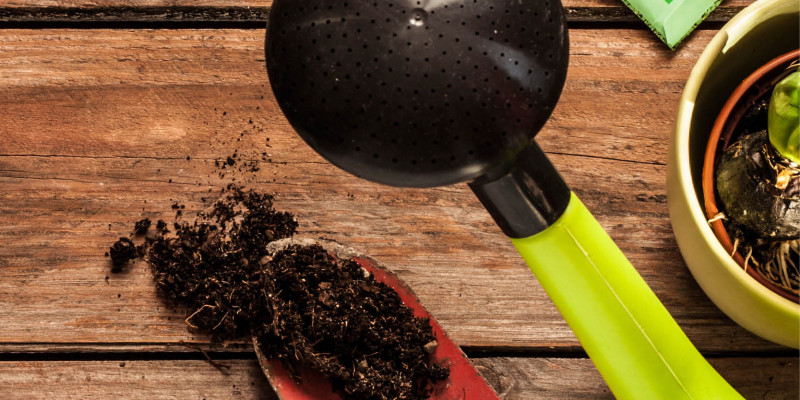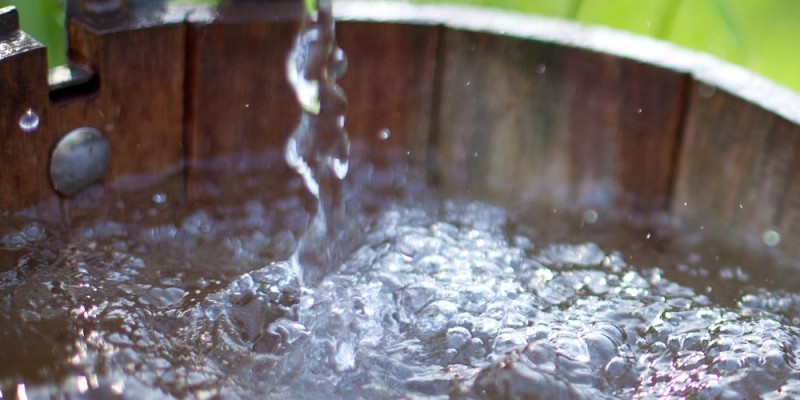On today’s episode I am going to take a look at one of the questions I have been asked a few times now. Can you use human urine as fertilizer?
Background on the subject
From the dawn of agriculture and the domestication of animals we have used other animals manures and urines in agriculture as a means to return essential nutrients to the soil allowing for increased crop yields later.
On this month’s instalment of the testing garden assumptions series let’s take a look at the use of human urine in the garden and if it brings any benefits.
Hypothesis
Today’s Hypothesis is that Human Urine can be used as a fertilizer in the garden.
Research
In order to understand this better we need to know what fertilizer potential urine has and if it poses a risk to human health if used in the garden.
Results with general findings
Is Urine a Fertilizer
Urine is the liquid waste stream produced by filtering the blood stream in the kidneys. Commonly urine is high in nitrogen along with other surplus water soluble elements found in your body.
a 2005 study from Goteborg university in Sweden assessed the recycling of nutrients excreted in urine from urban areas as a a method of ecologically sustainable development. They found that straight urine has an NPK of 18:2:5 while urine flushed with water has 15:1:3. The study went on to find macro and micro-elements essential for plant growth including Cu, Zn, Cr, Ni, Pb and Cd.
Urine can have a pH between 4.6 to 8 however garden soils usually have sufficient buffering capacity to avoid a change in the pH.
So there is research to support that urine does have value as a fertilizer and is unlikely to be able to change the pH of your soil. The next thing we should take a look at is if urine is safe to use in the garden.
Is Urine Safe to Use in the Garden
In order to understand if urine is safe we should know if it contains anything that may be harmful if someone comes in contact. The first thing that comes to mind is bacteria that may be harmful.
Is there bacteria in urine?
A December 2013 paper in the Journal of Clinical Microbiology found that there are bacteria in urine however most of the varieties do not commonly cause illness. [9] They are generally the same varieties of bacteria that live on most peoples skin.
Can urine transmit diseases?
Next let’s take a look at diseases like HIV and Hepetitis. According to the U.S. and Canadian Government sources Diseases such as HIV and Hepatitis have not been shown to spread through urine.
Can there be drugs in urine?
Drugs do show up in urine as the excess or byproducts are released from the body. For that reason I would be hesitant to recommend any use of urine from people taking medication. If you do and would like to implement this method I would recommend speaking to a healthcare professional.
Large scale systems
Collection on larger scales may encounter some disease issues however the risk can be managed using a number of tools posted by the Food and Agriculture Organization of the United Nations.
Other benefits of urine as a fertilizer
Human urine does have value as a fertilizer and has limited risks carrying infections agents. It would seem that todays hypothesis is supported. This should not be a big surprise after all it is the same premise of Aquaponics.
The practice of using urine in the garden not only takes waste and makes it useful it can save drinking water that would be otherwise flushed and would have to be processed using non-renewable resources. The fertilizer benefits can also help save money as it can help supplement other free and local resources or even better yet help replace store bought products all together.
Because there is a slight risk of bacterial colonization if you are looking to implement this in you garden I would recommend adding the urine to a compost pile. The heating cycle will eliminate any bacteria that may have been introduced. The nitrogen and water content will help the pile heat up and the additional nutrients will make the finished compost better.
Should you wish to apply it directly to your garden soil under your plants it is generally recommended that you dilute the urine. The high nitrogen content may burn the roots harming the plant. This can be seen most commonly by the dead spots caused by dog urine.
last month we spoke about wood ash and the benefits it can bring to the garden as a fertilizer. The only down side was the very high pH of the ash and the lack of Nitrogen. in combination with urine that has a very low pH both of these free resources can be combine to create your very own fertilizer at home. [10]
Researchers in Finland were able to demonstrate on tomato crops using the urine wood ash fertilizer performed similarly to commercial synthetic fertilizers further the urine wood ash fertilizer produce 4.2x more tomatoes when compared to a control that had no fertilizer.
There are some very positive benefits of this method in developing world. Often economic conditions make it difficult for people to afford commercial products. In most cases both urine and wood ash are available and if used as a fertilizer locally produced food benefits.
This is especially true in areas like India and Africa where synthetic fertilizer based practices and water shortages have left an industry in decline while the population continues to grow.
If you are going to use this method in the garden I would recommend informing and gaining the consent of the people whom frequent the garden and use its produce.
As I anticipate this will generate some discussion I look forward to discussing things in the comment section.
In the testing garden assumptions series we put products, processes and methods to the test. If you have missed any and would like to catch up make sure to check out the playlist on scree now.
References:
[1] Goteborg Paper:http://www.melica.se/pdf/PhD_thesis_Zsofia_Ganrot.pdf [2] Urine basic Information:
http://en.wikipedia.org/wiki/Urine#cite_note-Wolgast-20 [3] U.S. Department of Veterans Affairs: HIV transmission:
http://www.hiv.va.gov/patient/basics/how-HIV-spread.asp [4] Canadian Centre for Occupational Health and Safety: Hepatitis transmission
http://www.ccohs.ca/oshanswers/diseases/hepatitis_b.html [5] Guidelines for the Safe use of Wastewater, Excreta and Grey-water in Agriculture
http://www.fao.org/nr/water/docs/volume4_eng.pdf [6] World Population:
http://www.worldometers.info/world-population/ [7] Toilet water use:
http://www.home-water-works.org/indoor-use/toilets [8] Urine Is Not Sterile: Use of Enhanced Urine Culture Techniques To Detect Resident Bacterial Flora in the Adult Female Bladder
http://jcm.asm.org/content/52/3/871.abstract?sid=2ddbe134-33db-4d37-b3fe-101887fe5811 [9] Safety of Probiotics That Contain Lactobacilli or Bifidobacteria
http://cid.oxfordjournals.org/content/36/6/775.short [10] Stored Human Urine Supplemented with Wood Ash as Fertilizer in Tomato Cultivation and its impacts on fruit yield and quality.
http://pubs.acs.org/doi/abs/10.1021/jf9018917

